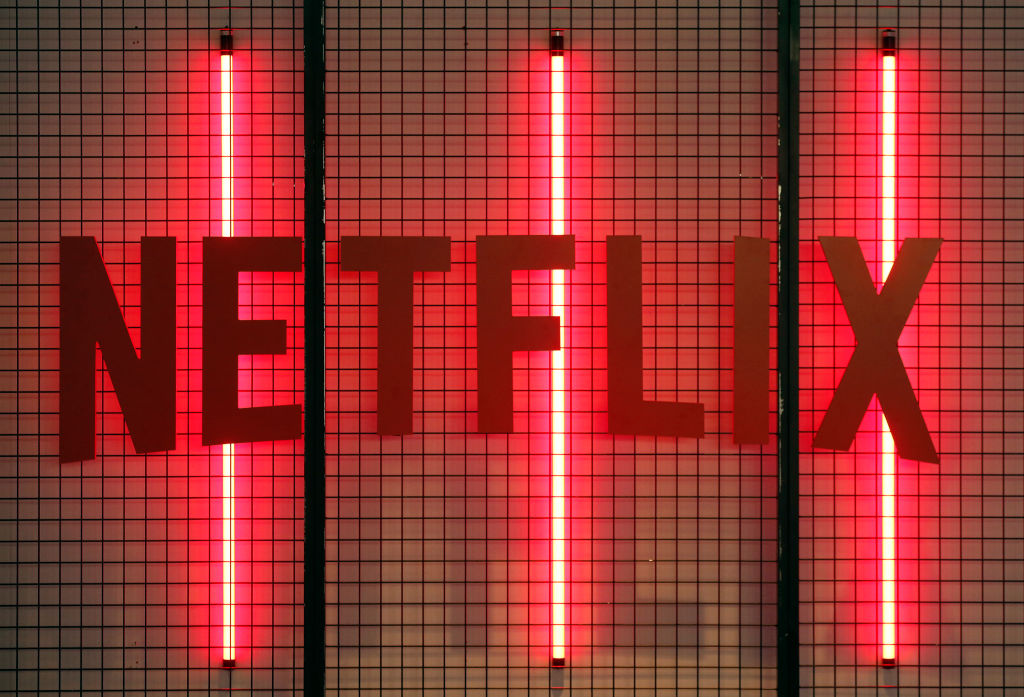Editorial Note: Opinions and thoughts are the author’s own and not those of AFROTECH™.
On February 1st, President Donald Trump signed an executive order to impose tariffs on America’s biggest trade partners: Mexico, Canada, and China. Canada and Mexico were supposed to face a 25% tariff, while China received a 10% tax.
In response, Canada, Mexico, and China announced that they would retaliate by imposing their own tariffs on American goods. On February 10, China will hit the US with a 15% tariff on coal and a 10% tariff on crude oil, farm equipment, and some vehicles. The Trump administration has prioritized tariffs as a key policy focus, despite warnings from economic experts about their potential negative impact on the economy. Many voters supported Trump due to his economic promises, but since taking office, several of his policy decisions have contributed to rising costs of living.
As of last week, tariffs on Canada and Mexico have been postponed until March, as both countries have agreed to develop plans to strengthen border security and curb the flow of immigrants and illegal drugs, including fentanyl, into the United States. Meanwhile, tariffs on China remain in place.
“The lingering threat of substantial new tariffs and possible retaliation from Canada and Mexico on U.S. exports will cause many businesses, small and large, to hold back more on hiring and investing than they would have otherwise due to the elevated uncertainty,” Scott Anderson, chief U.S. economist of BMO Capital Markets told USA Today.
Understandably, there is a surge of confusion surrounding tariffs. One must ask, why is the Trump administration so hell-bent on starting a trade war? What does this mean for the price of food and clothing? The answer is that most goods, from food to clothing to cars and other technology, will become more expensive. While economists and small business owners have been outspoken about how tariffs will affect us, the tech industry has remained silent.
Companies like Apple, Microsoft, Meta, and more rely on China for their products and the cheap labor to make them. For example, tariffs will increase the price of Apple hardware and, consequently, drive up the prices of Apple’s flagship products like the iPhone and the Macbook. A company as big as Apple probably won’t see a significant profit decrease due to tariffs, but customers will notice.
Big Tech has aligned itself with Trump, evident in the presence of industry leaders at his inauguration and their broader shift away from DEI initiatives in step with his administration’s stance. Many major tech companies have actively dismantled diversity programs, signaling a retreat from prior commitments. Google and Amazon have also removed all their DEI policies. Mark Zuckerberg’s recent announcement that Meta will cease content moderation, framing past efforts as censorship, further reflects this trend. He is not alone — other tech leaders have also abandoned similar policies, reinforcing the industry’s pivot in line with Trump’s ideological influence.
It’s no surprise that the tech industry is extending a friendly hand to Trump. Over the past four years, the Biden administration has aggressively pursued Big Tech, scrutinizing its lack of privacy protections, exploitation of Americans’ personal data, and monopolistic practices. Biden was also an outspoken supporter of unions, especially the Amazon Labor Union, which had been at odds with the company for years. Trump, who has aligned himself as pro-corporation, is the perfect leader to dole out the needs of billionaires who want to skirt accountability and taxes.
Despite having a favorable relationship with the President, these tariffs will still affect them in some way. The Trump administration has closed even the loopholes companies have used to avoid potential windfall. Starting a trade war with China could benefit tech companies looking to get rid of the competition or use the situation as some other leverage. While we don’t know their exact motivations, these tariffs don’t benefit anyone involved.
















